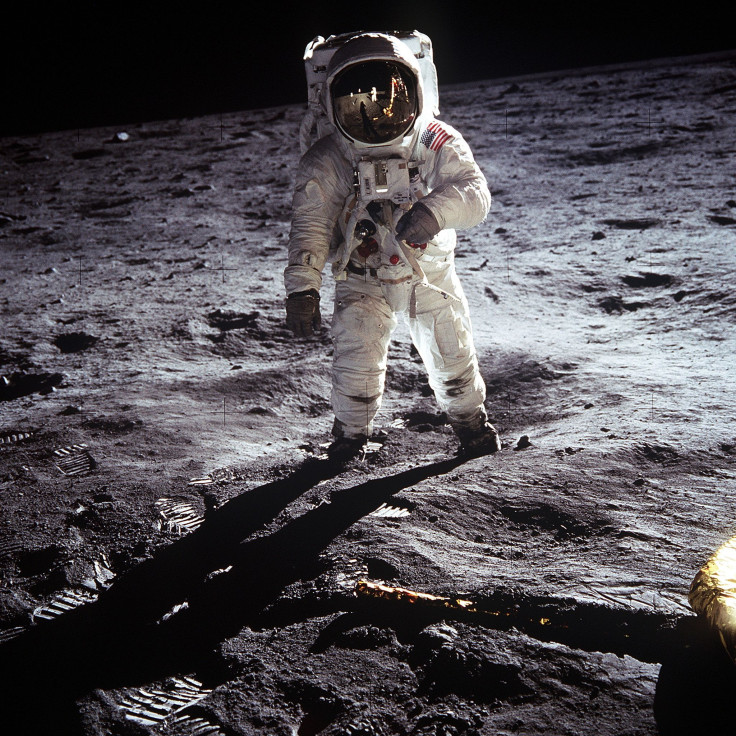The Sounds Of Space: NASA Releases Audio Archives Of Planets, Rockets And Astronauts

Ever wondered what lightning on Jupiter sounds like? What about the sound of interstellar space? Well, you're in luck: NASA has uploaded an archive of audio files to Soundcloud that fans can listen to, share and remix.
"You can hear the roar of a space shuttle launch or Neil Armstrong's 'One small step for (a) man, one giant leap for mankind' every time you get a phone call if you make our sounds your ringtone. Or, you can hear the memorable words 'Houston, we've had a problem,' every time you make an error on your computer," NASA states in its bio. Based on the space agency's media usage guidelines, the audio is free to use -- just as long as it does not convey commercial endorsement.
The 63 tracks cover chatter from the Apollo missions, rocket launches, satellite beeps and messages from President John F. Kennedy. From the Apollo 11 moon landing to the harrowing dispatch from Apollo 13 astronaut Jack Swigert, the sounds capture the height of the space agency's space exploration.
While hearing what astronauts say to mission control is interesting, the best part of NASA's Soundcloud archive has to be the sounds of the solar system. There is no sound in space, due to the lack of air, there are ways to capture frequencies that can be detected by humans. When Voyager 1 entered into interstellar space, the plasma wave instrument picked up the "sound" of interstellar plasma, the telltale sign that the spacecraft has gone beyond the heliosphere, or the area influence of the sun that stretches well beyond Pluto.
The instrument detects electrons in ionized gas, or plasma, in the audio frequency range, notes NASA. Plasma waves within the heliosphere are at a different frequency, around 300 hertz, or HZ, whereas the interstellar plasma was at 2 to 3 kHZ. "We can play the data through a loudspeaker and listen. The pitch and frequency tell us about the density of gas surrounding the spacecraft," Don Gurnett, from the University of Iowa, said in a statement.
Of course, not all discoveries are as pleasant as hearing interstellar plasma. The European Space Agency's Rosetta spacecraft got its first whiff of a comet and it's a pretty vile mix of rotten eggs, horse urine, formaldehyde and cynadie. Chances are comet 67P/Churyumov-Gerasimenko-branded perfume will not be on store shelves in time for the holidays.
© Copyright IBTimes 2025. All rights reserved.






















